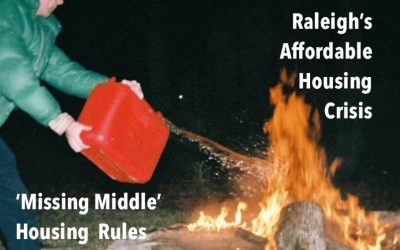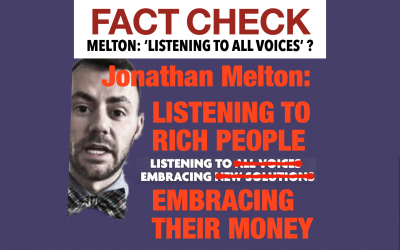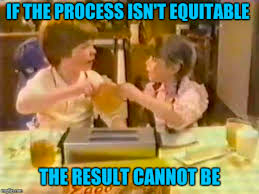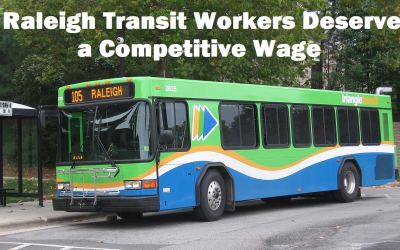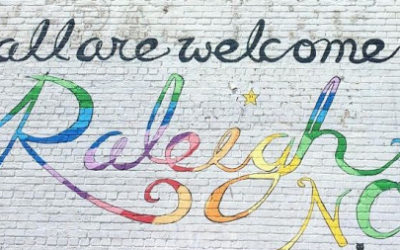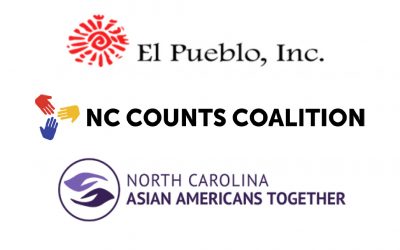Missing Middle will not repair our history of racist redlining. With all the discussion of zoning’s racist past, there is surprisingly no discussion to ensure that zoning changes will result in more equitable and truly affordable housing choices. It appears that our racist past has been weaponized to support changes that in the end may do nothing to repair it other than providing more opportunities for the building industry.
Suppression, Displacement and Conflicts of Interest
When residents are telling you that your project is causing gentrification and displacement, your response should not be to double down and steamroll the people.
Pouring Gasoline on Raleigh’s Affordable Housing Bonfire
Raleigh’s highly promoted public information sessions about Missing Middle Housing rules got off to a rocky start last Wednesday evening, being held a year and a half late, after the city’s neighborhood densification rules began going into effect.
Can Free Bus Fares Fix Raleigh’s Broken System?
Council’s upcoming decision to either keep or eliminate Raleigh’s COVID-era free bus fares has been framed as making an important statement about Raleigh’s commitment to high quality and equitable bus service. Maybe so, but if you listen to the Raleigh Transit Authority’s Nov 10 deliberations on the topic, you might conclude that reinstating fees will have little impact on a system that is in decline and without an effective plan to provide high quality and equitable transit services in post-COVID Raleigh.
Fact Check – Melton listens to ALL Voices? – NO!
Jonathan Melton and Council talk about ‘getting to yes’ even though they never reach out to the public to discuss equitable outcomes. On important citywide issues where you’d expect a vigorous, inclusive debate before voting – it never happens.
Bob Geary in the Indy: In the Raleigh Elections, I’m Voting for Growth AND Equity. Not Growth Without Equity.
The first camp favors letting the market work without regulation, arguing that it will serve rich and poor alike – but knowing that it won’t – while the second camp favors using the powers of city zoning to assure that growth occurs and serves the interests of all.
Equitable Public Transit in Raleigh Begins With Workers’ Job Satisfaction
Raleigh City Council would do well to listen to the transit workers of GoRaleigh services who have made their concerns known, in terms of both wages and working conditions, particularly as Raleigh moves towards a transit-oriented approach to development.
Councilors need to return contributions to donors who support Anti-LGBT+ bigotry
It is no secret that John Kane donates to anti-LGBT politicians, including our very own Lt. Governor Mark Robinson, who has taken to calling people like myself “filth.” And yet, we have council members and a mayor who refuse to return John Kane’s donations and to call him out on his anti-trans sentiments and funding.
Don’t Gut Zoning Protections for Neighborhoods
Raleigh’s zoning laws guided the growth of a city often found at the top of “Best Places to Live” lists. They protect us from inconsiderate neighbors. They give us the confidence to buy a house or sign a lease because we can roughly predict what the surroundings will be like in the future. Let’s continue to offer a variety of environments to call home, including vibrant mixed-use areas and quiet, family-friendly neighborhoods.
More Advocacy Groups Charge City Council with Misrepresenting Them
At the March 1 public hearing to review and approve new District Maps for Raleigh’s City Council, the City Attorney claimed Raleigh is not covered by Section 2 of the Voting Rights Act and City Staff claimed that the Advocacy Groups who reviewed the proposed maps...



